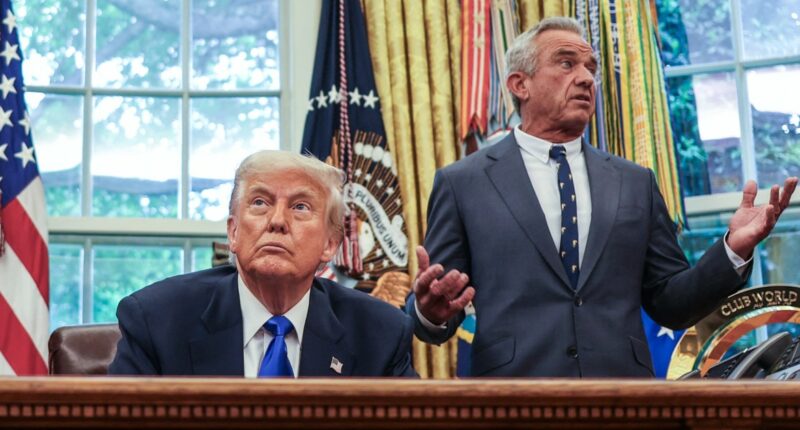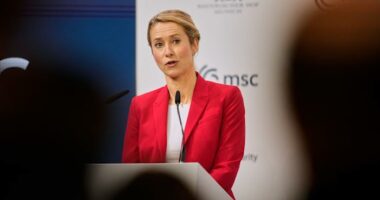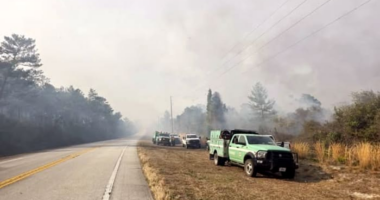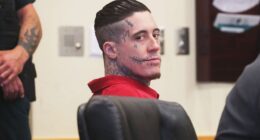Share this @internewscast.com
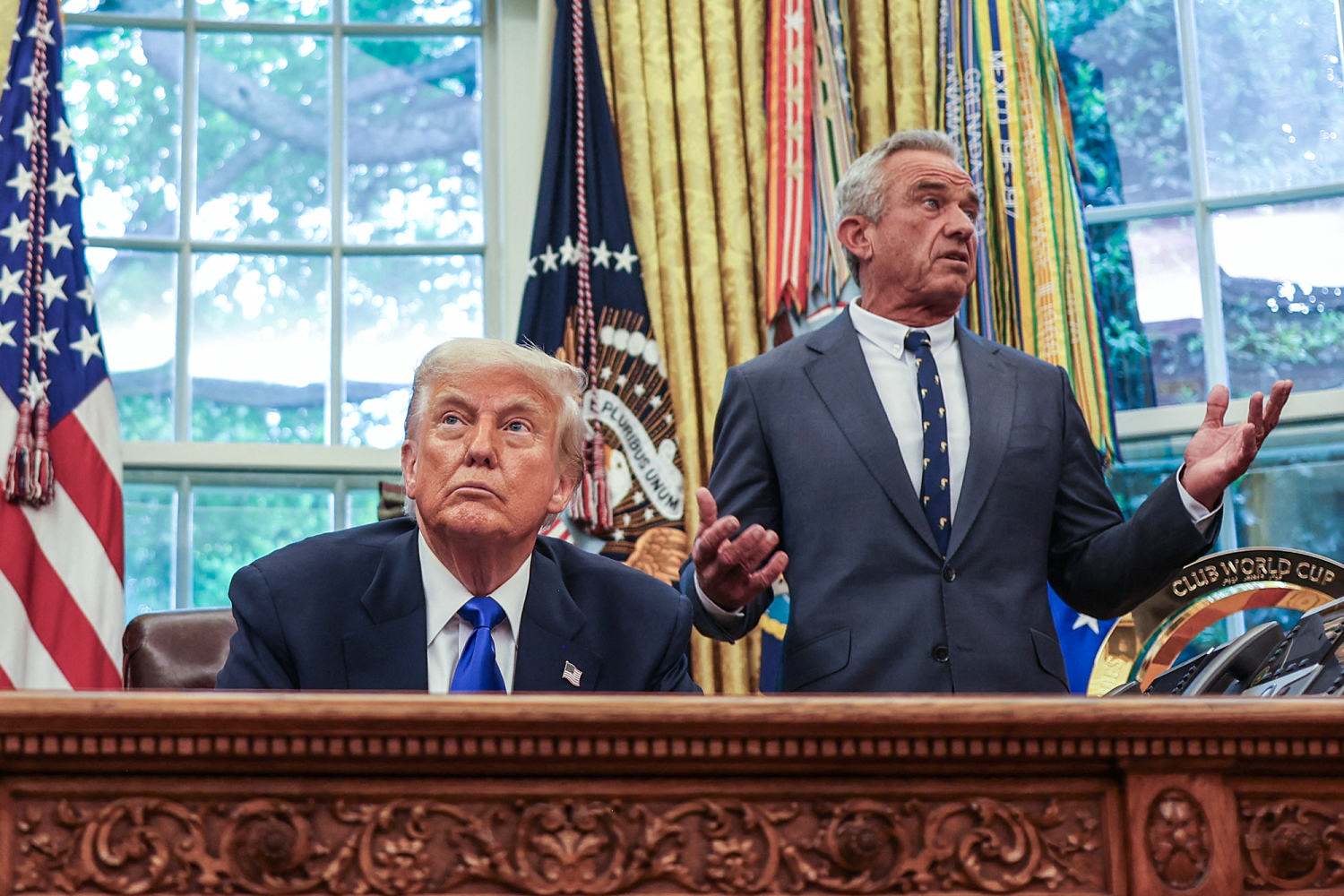
For many Americans, the removal of the Centers for Disease Control and Prevention leader during the Trump administration signifies the tension between traditional science and the anti-vaccination stance led by Health Secretary Robert F. Kennedy Jr.
However, for President Donald Trump, who has aligned with his MAGA supporters’ vaccine skepticism while promoting his Operation Warp Speed’s Covid-19 vaccines, the dispute involving Susan Monarez is largely an effort to suppress opposition.
Although Trump hasn’t commented on the overhaul of CDC leadership—following Monarez’s dismissal, several of her deputies resigned—White House officials have justified the action. It stemmed from Monarez’s unwillingness to approve future vaccine recommendations from a panel Kennedy filled with skeptics.
“The president was elected for a reason,” a senior White House official told NBC News over the phone. “He has perspectives on various issues and intends to pursue those. If people do not believe in democracy, they shouldn’t be part of a democratic government.”
This scenario is part of a broader initiative by Trump, his Cabinet, and aides to centralize power within the executive branch. Often, these efforts target field experts, including individuals appointed by Trump himself.
In the past week alone, Defense Secretary Pete Hegseth dismissed multiple senior Pentagon officials, Trump sought the removal of Federal Reserve governor Lisa Cook and Surface Transportation Board member Robert Primus, and FEMA personnel who criticized Trump’s agency cuts have been placed on administrative leave.
Monarez, Cook and Primus are all fighting their dismissals.
Some CDC employees see the president as waging a war of political ideology against empirical science.
“This truly feels like the beginning of the end of objective science,” said one CDC employee who spoke on the condition of anonymity to avoid retribution. “I feel physically ill. I used to feel proud to work for CDC, and now I am scared.”
The risk for Trump in shaking up the CDC is as plain as the Covid-19 outbreak that bedeviled him — and harmed the nation’s health and economy — in the final year of his first term: Americans may blame him for shedding expertise if there is another pandemic. Because he is not eligible to run for re-election, any electoral damage would likely fall on the shoulders of fellow Republicans.
One former senior Trump campaign official who works on congressional campaigns said that Trump won’t lose any base support for firing the CDC director but that independent voters may question whether it’s a wise move — especially if another disease rips through the country. That could bolster Democratic criticism of Trump and Kennedy.
“No matter what, let’s say the director was there and there’s an outbreak a month ago, Democrats are still saying RFK is a bats— crazy person,” the former campaign official said. “It doesn’t change the response. It just gives a data point.”
At the same time, there are signs that Trump will get pushback from within his own party over the hollowing out of CDC’s leadership, which included the resignations of Dr. Debra Houry, the agency’s chief medical officer; Dr. Demetre Daskalakis, director of the National Center for Immunization and Respiratory Diseases; Dr. Daniel Jernigan, the director of the National Center for Emerging and Zoonotic Infectious Diseases; and Dr. Jen Layden, director of the Office of Public Health Data, Surveillance and Technology.
Sen. Bill Cassidy, R-La., who delivered a key vote in favor of Kennedy’s confirmation after he said he secured a series of promises from Kennedy that amounted to a validation of the efficacy of vaccines, called this week for the postponement of a Sept. 18 meeting of the CDC’s visory Committee on Immunization Practices. That’s the panel at the center of the Monarez story.
“Serious allegations have been made about the meeting agenda, membership, and lack of scientific process being followed for the now announced September ACIP meeting,” Cassidy said Thursday in a statement.
In February, when he voted to advance Kennedy’s nomination to the Senate floor, Cassidy said Kennedy had promised not to reconstitute the panel — which Kennedy has since done.
“If the meeting proceeds, any recommendations made should be rejected as lacking legitimacy given the seriousness of the allegations and the current turmoil in CDC leadership,” Cassidy said in Thursday’s statement.
The White House official said no one should be surprised by Kennedy’s approach to vaccines — or Trump’s desire to make sure that his agenda is not met with resistance at any level.
“Bobby’s view and position on this has been very clear on this the whole time,” the White House official said. “Generally, there’s people buried in government who think they can overrule or defy the will of the elected president.”
Trump chafed at inertia in his first term.
“This is a different administration — it’s being handled differently,” the White House official said. “There’s a belief that, ‘We’re still going to get our person through and it’s going to be good and we’ll resist.’ That’s not a thing.”
